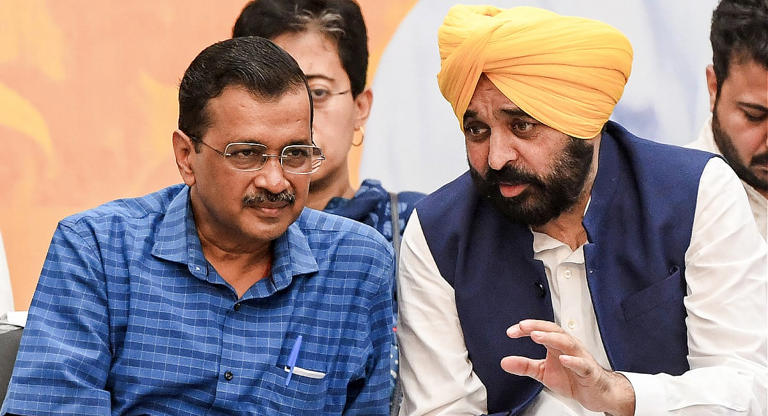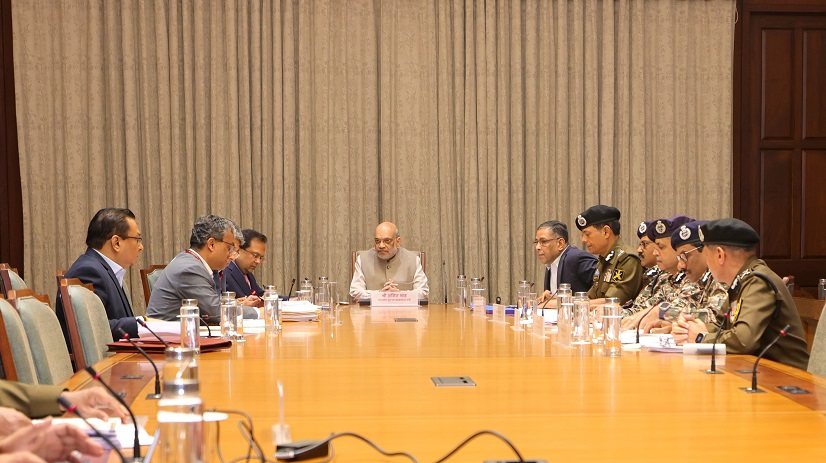NGT slaps Rs 3800 cr fine on Telangana for waste management failure
Tue 04 Oct 2022, 12:03:10
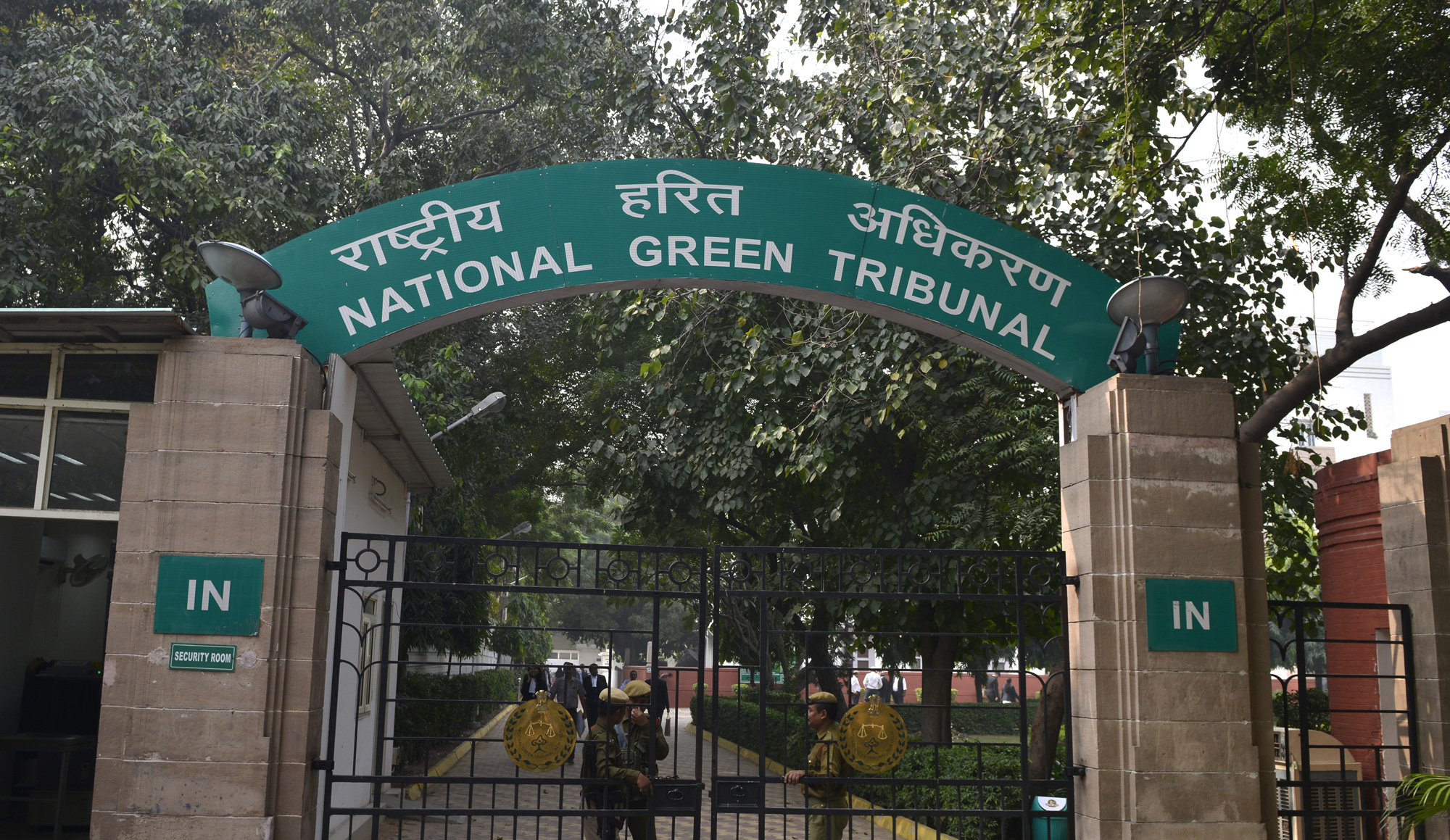
The National Green Tribunal (NGT) has imposed a fine of Rs 3,800 crore on Telangana government for its failure to treat solid and liquid waste.
“The total compensation comes to Rs 3825 crore, or say (rounded off as) Rs 3,800 crore, which may be deposited by the State of Telangana in a separate ring-fenced account within two months, to be operated as per directions of the Chief Secretary and utilised for restoration measures,” said the recent order passed by the bench headed by NGT chairperson Justice Adarsh Kumar Goel.
The green court was dealing with the issue of solid and liquid waste management as per the orders of a 2014 Supreme Court ruling.
The tribunal also directed Telangana government to devise an operative mechanism by which service providers with due diligence process can execute work relating to solid and sewage management
simultaneously throughout the State – all districts, cities and towns.
Considering the environmental compensation imposed for restoration dovetailed with the State budget and availability of confirmed sites, there should not be any difficulty in execution without delay, it added.
“The Chief Secretary may consider designating a Senior Nodal Officer at the rank of ACS to regularly assess the progress in bridging the gaps in Sewage and solid waste management and establishing stock taking at the District levels. Existing and
upcoming STPs need to have linkages with industries and other bulk users including Agriculture/horticulture for using treated sewage. Legacy waste sites need to be remediated and reclaimed areas utilized for setting up of waste processing plants so as to process day-to-day waste generation,” the order read.
upcoming STPs need to have linkages with industries and other bulk users including Agriculture/horticulture for using treated sewage. Legacy waste sites need to be remediated and reclaimed areas utilized for setting up of waste processing plants so as to process day-to-day waste generation,” the order read.
Apart from compliance in future, the liability of the State has to be fixed for the past violations in the light of earlier binding orders passed in pursuance of the Supreme Court, it said further.
The restoration measures to sewage management would include: setting up of sewage treatment and utilisation systems, upgrading systems/operations of existing sewage treatment facilities to ensure utilization of their full capacities, ensuring compliance of standards, including those of fecal coliform and setting up of proper fecal sewage and sludge management in rural areas, the tribunal said.
With regard to solid waste management, the execution plan would include setting up of required waste processing plants and remediation of left out sites. Bio-remediation/bio-mining processes need to be executed as per CPCB guidelines and the stabilised organic waste from biomining as well as from compost plants need to comply with laid down specifications.
Further, the tribunal asked the Chief Secretary to file six monthly progress reports with verifiable progress of the issue.
No Comments For This Post, Be first to write a Comment.
Most viewed from Hyderabad
Most viewed from World
AIMIM News
Delhi Assembly polls: Owaisi leads Padyatra in Okhla
Feb 01, 2025
We reject this Waqf Amendment Bill: Asaduddin Owaisi
Jan 30, 2025
Latest Urdu News
Most Viewed
May 26, 2020
Which team will win the ICC Men's Champions Trophy 2025 held in Pakistan/Dubai?
Latest Videos View All
Like Us
Home
About Us
Advertise With Us
All Polls
Epaper Archives
Privacy Policy
Contact Us
Download Etemaad App
© 2025 Etemaad Daily News, All Rights Reserved.


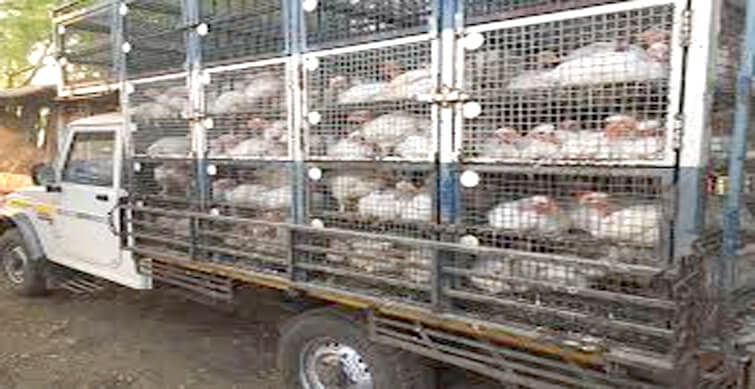






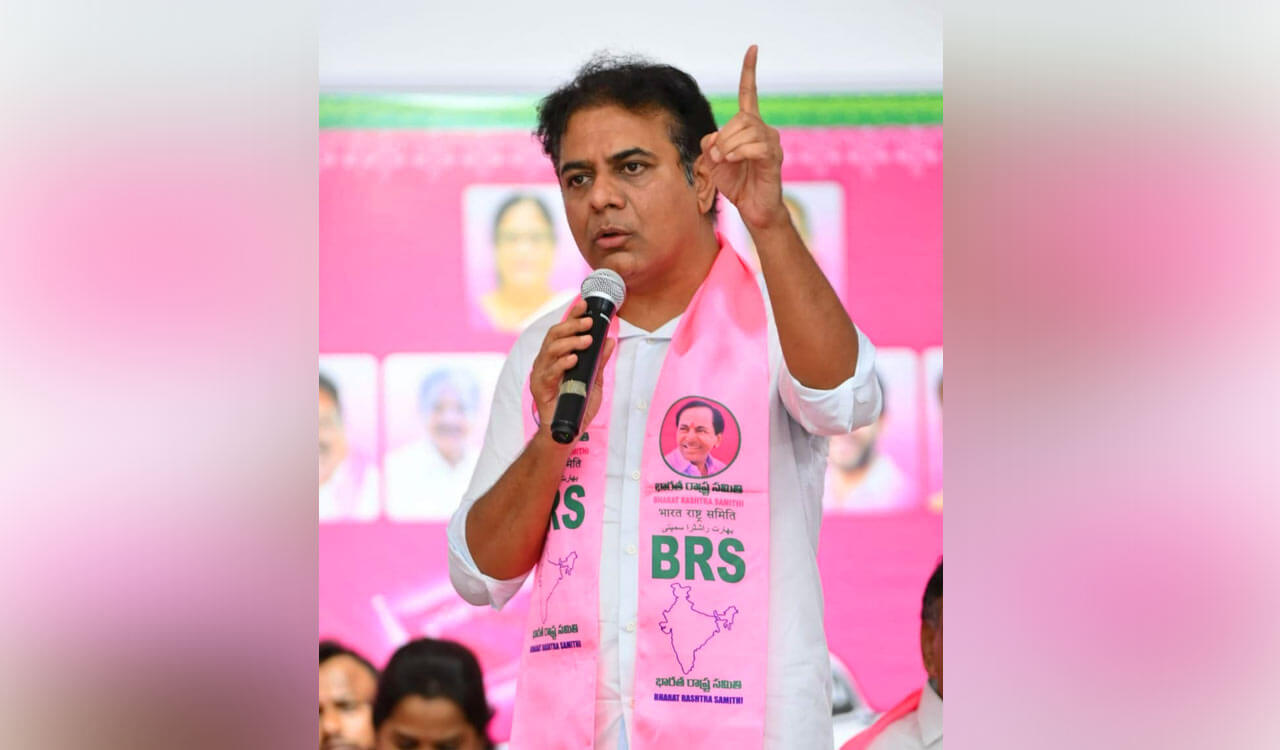

.jpg)
.jpg)









